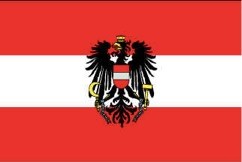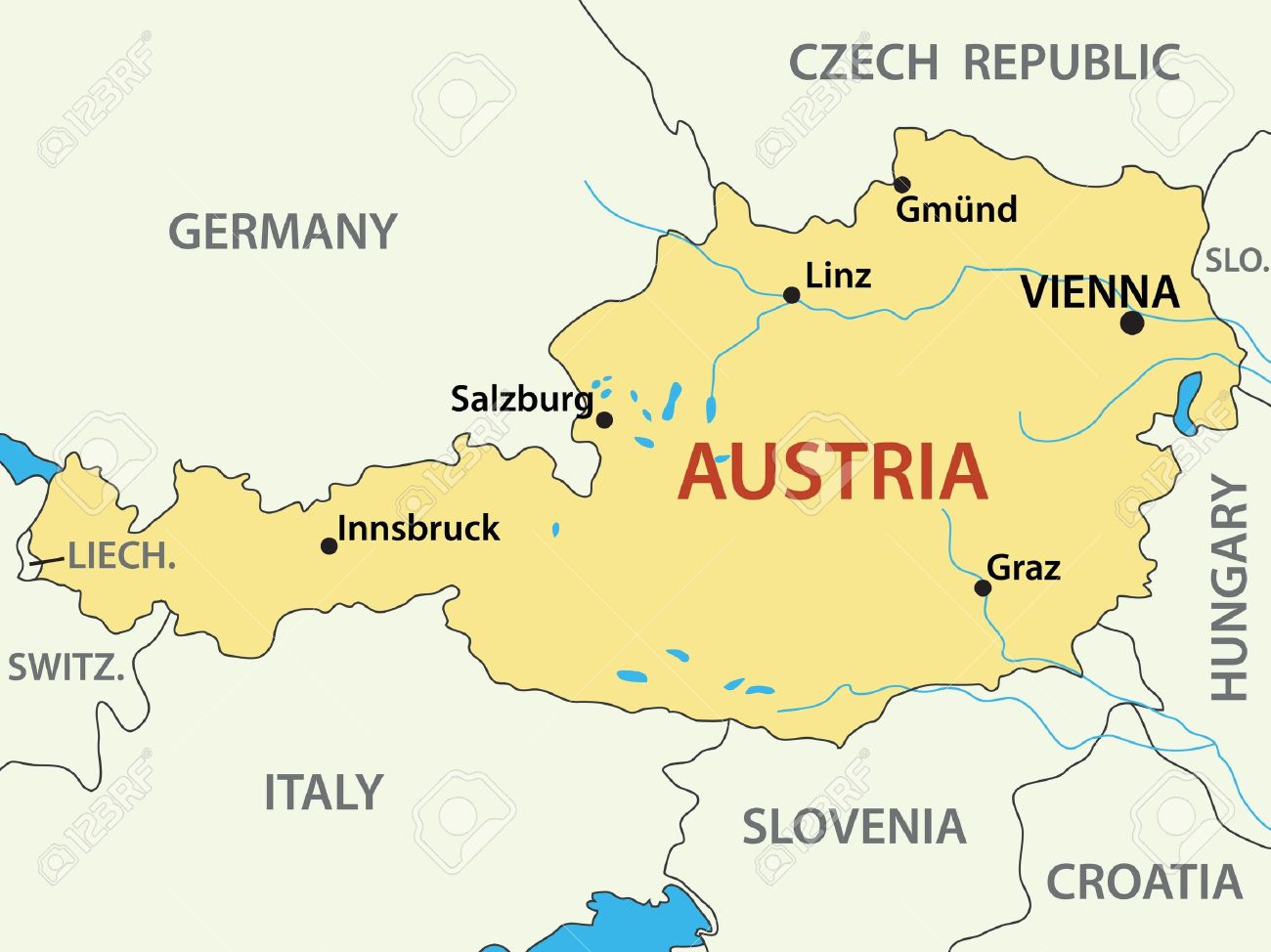
An Austrian Limited Liability Company (GmbH) the most popular with foreigners offers limited liability and exemption form dividends taxation. “Gesellschaft mit beschränkter Haftung” (GmbH) in English translates to a “company with limited liability”. In fact, a GmbH is a private company limited by shares.
Austria has one of the world’s competitive economy. Austria’s government efficiency, economic performance, business infrastructure and efficiency makes it an advantageous country to do business and form companies.
Foreigners can own all of the shares in a GmbH company.
Background
Austria is located in Central Europe and landlocked surrounded by Germany, the Czech Republic, Hungary, and Italy. Its official name is the “Republic of Austria”.
Politically, it is a federal parliamentary republic with an elected two house parliament and a chancellor and a president.
Benefits
An Austrian Limited Liability Company (GmbH) offers these benefits:
• 100% Foreign Owners: All of the shares in a GmbH can be owned by foreigners.
• Limited Liability: Shareholders liability limited to the capital share contribution.
• One Shareholder/One Director: Only one shareholder required who can be the only director for greater control of the company.
• EU Membership: Austria is a member of the European Union (EU) opening more opportunities to do business in Europe.
• Low Share Capital: The minimum share capital is only 35,000 Euro where 50% needs to be paid up when incorporating.
Limited Liability Company (GmbH) Name
All limited liability companies must select a company name not conflicting with another legal entity’s name in Austria.
Every company name must end with the abbreviation “GmbH”. In addition, the company name must include the surname of one or all of the shareholders. As an alternative, the company name can contain a feature of the nature or object of the business which can be sufficiently inferred and understood by third parties. Also, the company name can contain a mixture of shareholders’ surnames and the business nature.
Incorporation
Incorporation of a GmbH requires these steps:
1. Obtain confirmation from the Economic Chamber that the company name is available to use.
2. Prepare the Memorandum and Articles of Association and sign in front of a notary.
3. Open a local company bank account and deposit the minimum share capital amount. File the Bank Certificate verifying that at least 17,500 Euro (50% of total share capital) was deposited into the company’s bank account.
4. File the necessary notarized (or apostille in another country) documents to register the company at the local Commercial Court. These are called “company statutes” signed in front of a notary and must include the following information:
(i) Company name and local registered office address;
(ii) Details of the business purpose and objectives; and
(iii) Share capital amount and share interests of the shareholders.
5. Register with the trade agency to obtain a trade license.
6. Obtain a VAT number by registering with the Tax Office.
7. Register all employees with the Social Security Office.
8. Register with the local municipality.
These 8 steps can take up to two weeks to accomplish and obtain their approvals.
The GmbH becomes a legal company when it is formally entered into the government’s Business Register maintained by a local Commercial Court.
Limited Liability
Shareholders’ liability limited to their share capital contribution.
Shareholders
A minimum of one shareholder is required to form a GmbH in Austria. Shareholders can live and be citizens of any country. They can also be natural persons or corporations.
Austrian companies do not issue share certificates. Ownership of shares are proven by a transfer from the company to the new owner by way of a written Assignment of Shares signed before a notary.

Director
Only one director is required to manage the company. The sole shareholder can appoint him or herself as the only director.
Like the shareholders, directors may be citizens of any country and live anywhere.
Registered Office
Every GmbH must have a local registered office which can be provided by the company establishing the GmbH. This is where all legal notices and official correspondence are sent to.
Minimum Share Capital
Every GmbH must initiate with a minimum share capital of 35,000 Euro. At least 50% of the share capital must be paid up in full before incorporating. A bank certificate must verify the 17,500 Euro minimum deposit in the company’s bank account.
Accounting
Annual returns are mandatory for every company. The returns must include a financial statement to be filed with the government. The level of information within each financial statement depends upon the size of the company. The distinction between a “small”, “medium”, or a “large” company depends upon the amount of assets, number of employees, and turnover.
The law requires greater details in the financial statements filed by medium and large companies.
Taxes
The corporate tax rate on profits is 25%.
An initial capital transfer tax of 1% of the share capital is paid when incorporating the GmbH.
The GmbH is exempt from the dividends tax when receiving dividends from a foreign subsidiary. This benefit derives from the European Union (EU) Parent-Subsidiary Directive where a holding company owning a minimum of 25% of the shares in an EU subsidiary can receive dividends paid by a subsidiary without being subject to the withholding tax.
Numerous double tax treaties exist with numerous countries to reduce the tax burden of the shareholders.
Note: U.S. taxpayers and all others subject to taxation of world income must report all income to their tax authorities.
Public Records
The government maintains a register with the names of every company’s shareholders and directors which are available to the public.
Time for the Formation
It may take up to two weeks to incorporate a GmbH.
Shelf Companies
Shelf GmbH companies can be purchased to quicken the incorporation process.
Conclusion
An Austrian Limited Liability Company (GmbH) enjoys the following benefits: complete ownership by foreigners, EU membership; low minimum share capital, limited liability, and only one shareholder who can be the sole director for better control.


